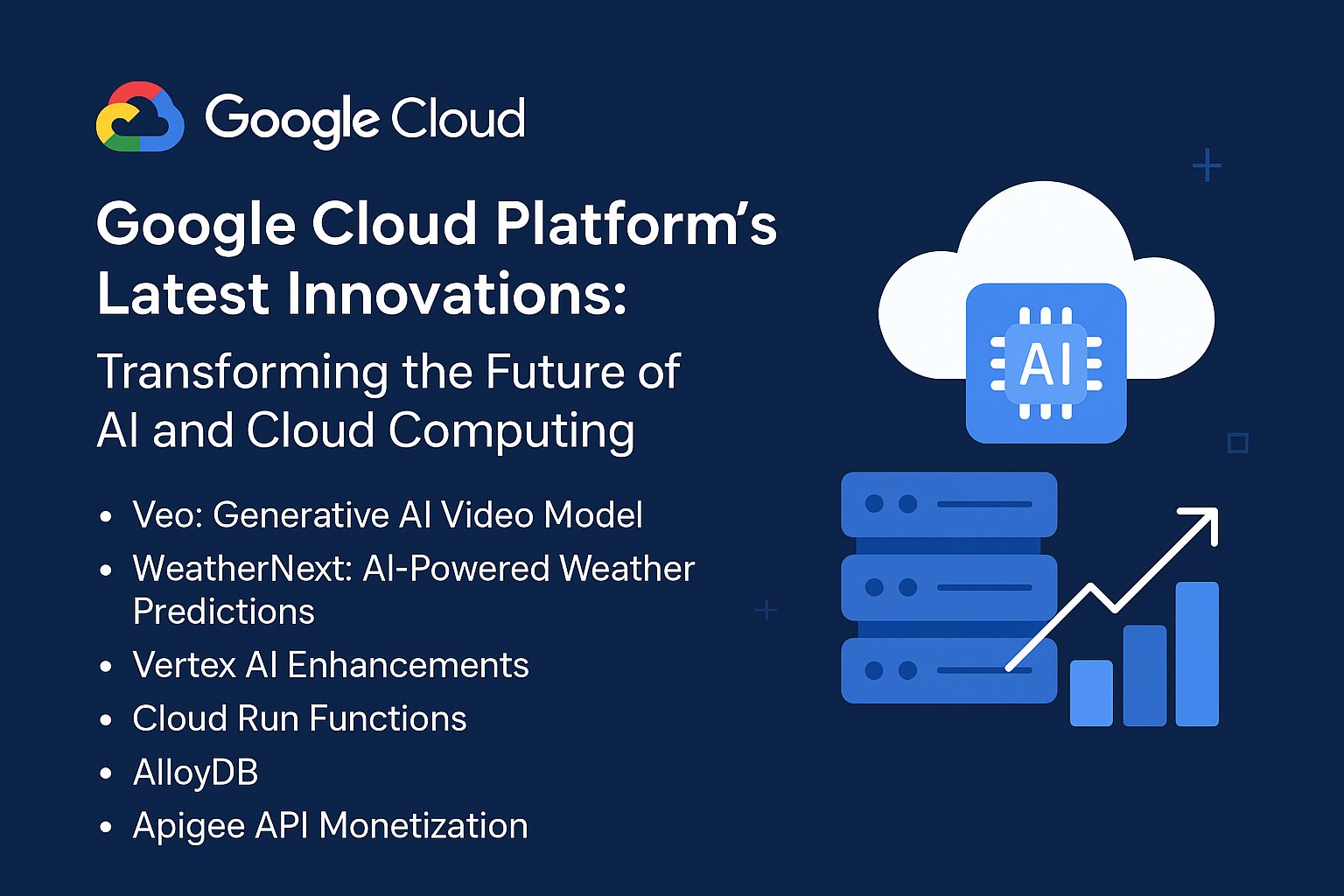Mobility-as-a-Service (MaaS) is transforming urban transportation by integrating various modes of transport into a single, accessible service. Artificial Intelligence (AI) is at the heart of this transformation, promising to enhance the efficiency, convenience, and sustainability of urban mobility. This article delves into how AI is shaping the future of MaaS, exploring current trends, challenges, and potential impacts on cities and individuals.
Understanding Mobility-as-a-Service (MaaS)
Mobility-as-a-Service (MaaS) refers to the integration of various forms of transportation into a single digital service. By leveraging technology, MaaS platforms offer users a seamless travel experience across different modes of transport, including public transit, ride-sharing, car rentals, and bike-sharing.
Key Features of MaaS
- Unified Payment Systems: MaaS platforms allow users to pay for multiple transportation services through a single app.
- Route Optimization: AI-powered algorithms recommend the most efficient routes by considering real-time traffic data and user preferences.
- Personalized Services: Users receive tailored suggestions based on their travel habits and preferences.
- Real-Time Updates: Integration with traffic and weather data helps users make informed decisions about their travel.
For a deeper understanding, you can refer to this detailed guide on MaaS.
The Role of AI in MaaS
AI is revolutionizing MaaS by providing sophisticated tools for data analysis, predictive modeling, and automation. Here’s a look at how AI is driving innovation in this field.
1. Enhanced Route Optimization
AI algorithms analyze vast amounts of data, including traffic conditions, historical travel patterns, and user preferences, to suggest the most efficient routes. This not only reduces travel time but also helps in minimizing fuel consumption and emissions.
For example, Google Maps utilizes AI to provide real-time traffic updates and route suggestions, enhancing user experience and operational efficiency.
2. Predictive Maintenance
AI-driven predictive maintenance helps in the proactive management of transportation assets. By analyzing data from various sensors, AI can predict potential failures or maintenance needs, thereby preventing breakdowns and extending the lifespan of vehicles.
Read more on predictive maintenance in transportation.
3. Personalized Travel Experiences
AI enables MaaS platforms to offer highly personalized travel experiences. By analyzing user data, AI can recommend transportation options, suggest optimal travel times, and even offer discounts or promotions tailored to individual preferences.
Explore how personalization enhances user experience.
4. Autonomous Vehicles
Autonomous vehicles are a significant component of MaaS. AI is crucial in developing self-driving technology, which promises to revolutionize urban mobility. Self-driving cars, buses, and bikes can reduce human error, increase safety, and provide more efficient transportation options.
Learn more about autonomous vehicles and AI.
Challenges and Considerations
While AI offers numerous benefits to MaaS, there are several challenges and considerations to address:
1. Data Privacy and Security
The integration of multiple transportation services involves the collection and sharing of significant amounts of personal data. Ensuring the privacy and security of this data is crucial to maintaining user trust and complying with regulations.
For guidelines on data privacy, visit GDPR compliance.
2. Integration and Standardization
Integrating various transportation services into a cohesive MaaS platform requires standardization across different providers. Achieving this level of integration can be challenging and may require collaboration between public and private sectors.
Check out this report on MaaS integration.
3. Accessibility and Inclusivity
Ensuring that MaaS platforms are accessible to all individuals, including those with disabilities and those living in underserved areas, is a significant challenge. AI can help by providing customized solutions and improving accessibility features.
Explore accessibility in transportation.
4. Ethical Considerations
AI in MaaS raises ethical questions, such as the potential for bias in decision-making algorithms and the impact on employment in traditional transport sectors. Addressing these issues requires careful consideration and regulation.
Learn about AI ethics and its implications.
Future Trends in MaaS
As technology evolves, several trends are likely to shape the future of MaaS:
1. Integration with Smart Cities
MaaS will increasingly be integrated with smart city infrastructure. AI-powered traffic management systems, smart parking solutions, and energy-efficient transportation options will contribute to more sustainable and efficient urban environments.
Discover how smart cities and MaaS are interconnected.
2. Expansion of Mobility Options
The variety of mobility options available through MaaS platforms is expected to grow. Innovations such as electric scooters, drone taxis, and hyperloop systems may become integral parts of the MaaS ecosystem.
For insights on future mobility options, see this article.
3. Increased Focus on Sustainability
AI-driven MaaS solutions will prioritize sustainability by promoting eco-friendly transportation options and optimizing energy use. This shift aligns with global efforts to reduce carbon emissions and combat climate change.
Read more about sustainable transportation.
Conclusion
AI is poised to significantly enhance the future of Mobility-as-a-Service (MaaS) by improving efficiency, personalization, and sustainability in urban transportation. While there are challenges to address, the integration of AI into MaaS platforms promises a more connected, efficient, and user-centric transportation ecosystem.
For more detailed resources on AI and MaaS, refer to the following links:
- European Commission: Mobility as a Service
- McKinsey & Company: The Future of Mobility
- Transport for London: MaaS and Smart Mobility
As technology continues to advance, keeping abreast of developments in AI and MaaS will be crucial for stakeholders aiming to shape the future of urban mobility.
External Links and PDF Resources
- The MaaS Alliance: Understanding MaaS
- Siemens: Predictive Maintenance in Transportation
- Forbes: Personalization in Mobility
- Wired: Autonomous Vehicles and AI
- ITF OECD Report on MaaS Integration
- NICHD: Accessibility in Transportation
- UN: AI Ethics
- Cities Today: Smart Cities and MaaS
- Technology Review: Future of Transportation
- World Economic Forum: Sustainable Transportation
- European Commission: Mobility as a Service
- McKinsey & Company: The Future of Mobility
- Transport for London: MaaS and Smart Mobility
1. What is Mobility-as-a-Service (MaaS)?
Mobility-as-a-Service (MaaS) is a transportation concept that integrates various modes of transport into a single, accessible digital service. It aims to provide users with seamless travel options by combining public transit, ride-sharing, bike-sharing, car rentals, and other transportation services into one platform. This integration allows users to plan, book, and pay for their journeys through a single application.
2. How does AI enhance MaaS?
Artificial Intelligence (AI) enhances MaaS in several ways:
- Route Optimization: AI algorithms analyze traffic patterns, user preferences, and historical data to suggest the most efficient routes.
- Predictive Maintenance: AI predicts vehicle maintenance needs based on sensor data, preventing breakdowns and ensuring reliable service.
- Personalized Experiences: AI provides tailored travel recommendations and promotions based on individual user behavior and preferences.
- Autonomous Vehicles: AI is crucial in developing self-driving technology, potentially transforming urban mobility by reducing human error and improving safety.
3. What are the main benefits of MaaS for users?
MaaS offers several benefits to users:
- Convenience: Users can access various transportation options from a single app, streamlining the travel process.
- Cost Efficiency: MaaS platforms often offer integrated payment systems and discounts for multiple services, reducing overall travel costs.
- Time Savings: Real-time updates and route optimization help users avoid delays and choose the fastest travel options.
- Personalization: MaaS platforms provide customized recommendations and services based on user preferences and travel history.
4. What challenges does MaaS face?
MaaS faces several challenges, including:
- Data Privacy and Security: Ensuring the protection of personal data and complying with regulations like GDPR is crucial.
- Integration and Standardization: Achieving seamless integration across various transportation providers and standardizing services can be complex.
- Accessibility: Making MaaS services accessible to all, including people with disabilities and those in underserved areas, is essential.
- Ethical Considerations: Addressing biases in AI algorithms and the impact of automation on employment in the transportation sector are important ethical concerns.
5. How can AI improve route optimization in MaaS?
AI improves route optimization by analyzing real-time traffic data, historical travel patterns, and user preferences to suggest the most efficient routes. AI algorithms can dynamically adjust recommendations based on current traffic conditions, weather, and other factors, helping users save time and avoid congestion.
6. What role do autonomous vehicles play in MaaS?
Autonomous vehicles play a significant role in MaaS by providing a potential future solution for self-driving cars, buses, and bikes. These vehicles use AI to navigate and operate independently, which can lead to safer and more efficient transportation options. Autonomous vehicles also have the potential to reduce the need for human drivers and lower transportation costs.
7. How does AI contribute to predictive maintenance in transportation?
AI contributes to predictive maintenance by analyzing data from vehicle sensors to identify patterns and predict potential issues before they occur. This proactive approach allows for timely maintenance and repairs, reducing the likelihood of unexpected breakdowns and extending the lifespan of transportation assets.
8. What are the potential future trends in MaaS?
Future trends in MaaS include:
- Integration with Smart Cities: MaaS platforms will increasingly integrate with smart city infrastructure, such as smart traffic management and energy-efficient systems.
- Expansion of Mobility Options: The variety of transportation options available through MaaS platforms is expected to grow, including innovations like electric scooters, drone taxis, and hyperloop systems.
- Focus on Sustainability: AI-driven MaaS solutions will prioritize eco-friendly transportation options and energy optimization to align with global sustainability goals.
9. How can MaaS platforms ensure data privacy and security?
MaaS platforms can ensure data privacy and security by implementing robust encryption methods, adhering to data protection regulations such as GDPR, and regularly auditing their security measures. Users should also be informed about how their data is used and have the option to control their data preferences.
10. Where can I learn more about MaaS and AI?
For more detailed information on MaaS and AI, you can explore the following resources:
- MaaS Alliance: Understanding MaaS
- McKinsey & Company: The Future of Mobility
- Siemens: Predictive Maintenance in Transportation
- Wired: Autonomous Vehicles and AI
- ITF OECD Report on MaaS Integration
These resources provide comprehensive insights into the current developments and future prospects of MaaS and AI in transportation.

